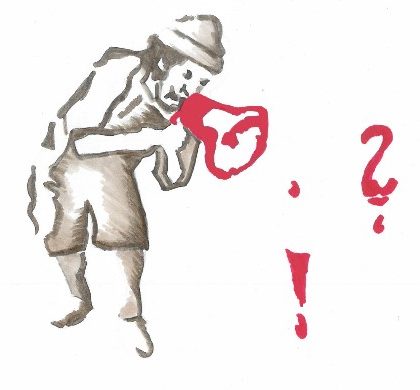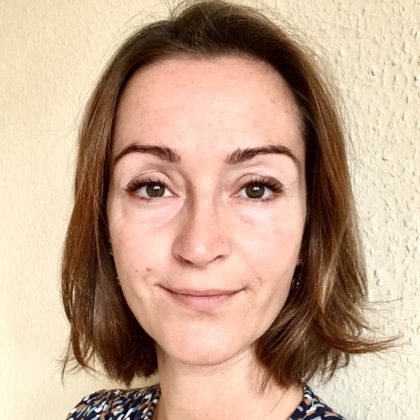
User´s Participation
The first sub-project “Participation and Welfare in out-of-home care” (“Teilhabe und Wohlergehen in den Hilfen zu Erziehung “) focuses on participation formats and opportunities for children and young people living in residential care. Together with them, we want to evaluate the conditions for successful residential care from the perspective of young people and improve them.

Participation and Welfare in out-of-home care
Children’s rights, participation and involvement are deeply rooted in child and youth welfare. They are an integral part of the issue of the well-being of children and young people. However, the legal and organisational conditions of educational assistance to enable active self-determination and participation are designed and implemented in various ways. Subproject 1, therefore compares the different participation traditions in Germany and England with the help of a large-scale survey. Building on this, a concept for the independent representation of interests of young people from out-of-home care institutions will be developed together with the children and young people and partners from practice.
Our Approach
Children and youths as users of such services have special knowledge and experience. This is particularly important for the design of child- and youth-related assistance: it can substantially broaden the perspective on the question of appropriate and successful participation.
For this reason, the research project will explore the subjective perspectives of children and youths on the quality of residential care institutions and their possibilities of representing their interests employing several group discussions with young volunteers living there. These perspectives will serve as a basis for the development of participatory indicators for recording the quality of out-of-home care from the perspective of those affected in Germany and England. Those indicators will form the basis for a large-scale survey in Hamburg and London.
Furthermore, we will develop a new approach to representing the interests of young people in out-of-home care in consideration of the British model of Service User Involvement and cooperation with the young people and partners from the practice of residential.




